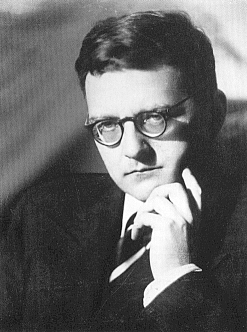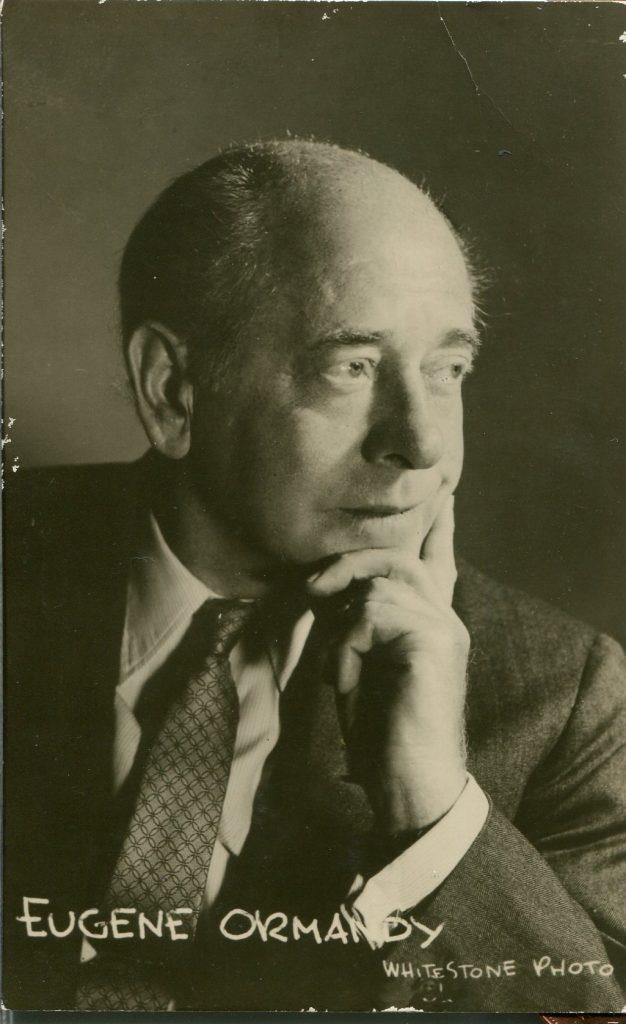A Memoir of a Listener

Dmitri Dmitriyevich Shostakovich’s exceptional career was launched in 1926 with the premiereof his first symphony – his graduation piece. He quickly established himself at the forefront of young Soviet composers. In the years since, his music has been a major component in every symphony orchestra’s repertoire – classical music for those who claim to not like classical music.
I have a vivid memory of a Philadelphia Orchestra concert, in the summer of 1972, played at Robin Hood Dell, in Fairmount Park, Philadelphia. My memory is of that moment when Eugene Ormandy, whose conducting bordered on magic, came to about twenty or so bars of music from the end of Symphony No. 5 by Dmitri Shostakovich. A percussionist named Michael Bookspan was at the ready to play the last eight beats of the fourth movement – Allegro non troppo.
Years earlier, Ormandy had conducted the United States premiere of this symphony. Written in 1937, Symphony #5 in D-minor, Opus 47 received a first performance by the Leningrad Philharmonic Society in November of that year. In a society where all things are to glorify the state, this symphony was considered an outstanding achievement in Soviet symphonic literature. The rest of the world liked it because it is simply great music – no political yardstick was needed anywhere west of Joseph Stalin’s influence.

At the Robin Hood Dell that night in 1972 Bookspan stood t0 play the tympanic notes required in the last few measures of music. It had been a splendid performance; surely Ormandy was proud of his players. Ten bars from the end the strings, woodwinds, and brass were hard at work, and then came the last eight notes of the symphony. Bookspan turned to face the bass drum – face on to his conductor, his fellow players and his audience. One, two, three, four, five, six, seven drum beats – loud, louder and as loud as they could be. And then … eight! Bam! Bookspan missed the drum head and hit the steel-rimmed edge with a mighty force. The handle of his drum stick broke sending its head flying twenty or more feet in the air. Ormandy saw it happen, and with all the grace a man can summons in such a short time, he jerked his head slightly to the right as the broken drum stick flew past his left ear and well into the audience. Everyone cheered.
On a beautiful summer evening, three years later at Tanglewood, the summer home of the Boston Symphony, we were there, and again to hear the fifth symphony of Dmitri Shostakovich (after all, we now had a “history” with this piece of music) – it was August 9, 1975.
Just before the conductor walked to the podium an announcement was made that Mr. Shostakovich had died that very day in Moscow.
Was there a dry eye in the hall? No, not one.